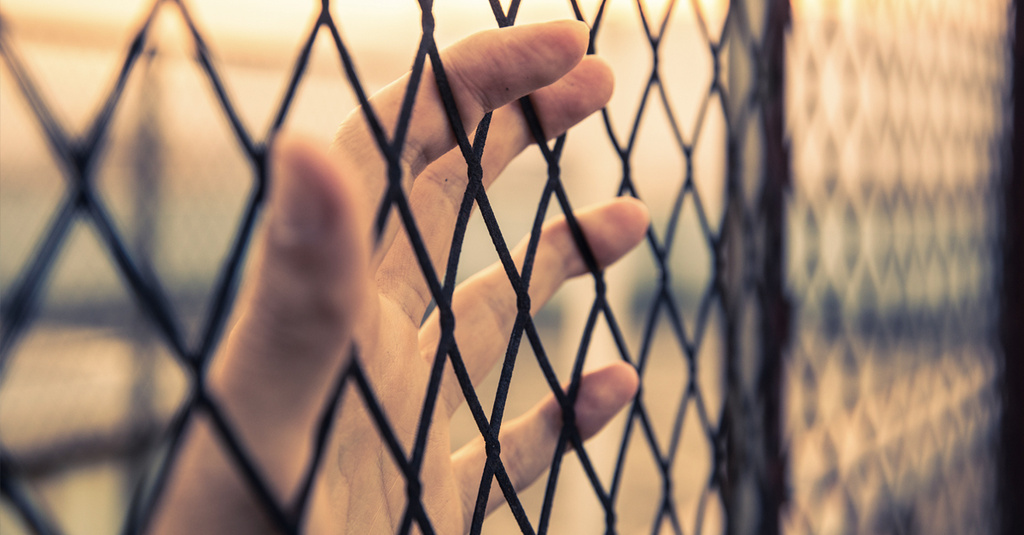
The War Against Freedom
The basic freedom is religious liberty. If we lose that, we are then a slave people, living in a slave state.

- R. J. Rushdoony
Recently, a case went to court in which a federal agency sought to compel a theological seminary to conform to the Equal Employment Opportunity Commission (EEOC) hiring or employment requirements. The seminary in question was the Southern Baptist Theological Seminary. All employees of the seminary must be Southern Baptist members or of similar denominations, and all faculty appointments are made in terms of godliness as well as scholastic merit. To this, the EEOC objected.
The court ruled that the EEOC did not have jurisdiction over the seminary, because the curriculum and the school are clearly religious. Because the school had submitted to accreditation for Veteran’s Administration benefits, and to the Texas Department of Education’s spot checks, the EEOC held that the school had waived its First Amendment protection.
Although this case resulted in a victory for the seminary, the victory is limited to that case. There is no reason to believe that various state and federal agencies will not continue their efforts to control Christian colleges and seminaries. Everything points to an increase on all fronts of efforts to control the church and all kinds of religious institutions. We are facing an increasing war against all freedom of religion.
I myself, as a witness in a number of cases, have heard the state attorneys refer to the First Amendment as a document of historical interest only. One such attorney insisted that a “dynamic” view of constitutional law and development requires us to see the necessity for federal and state controls. In his thinking, all meaning in the First Amendment as we have known it is null and void. In other words, freedom of religion, press, speech, assembly, and petition should be subject to careful and strict controls. There are even some who hold that it should be illegal for the people to try to influence their congressman or senators. For all such people, the great enemy is freedom.
Now, it is very true that freedom can be and is commonly abused. It is easy to chronicle the abuses of freedom. However, the abuses of power and of controls are far more common, and far greater. We cannot have perfection this side of heaven; it is a mistake to hope for it. The demand for power to control is based on the belief that abuses can be eliminated, given enough regulation. This is a deadly belief.
The only people who are never out of line are in a graveyard. Every attempt to regulate and control men into a perfect society gives us instead a graveyard society. In the name of a new heaven, such regulators put us in hell instead.
There is a war going on against freedom. The basic freedom is religious liberty. If we lose that, we are then a slave people, living in a slave state. Now, more than ever, we need to help those fighting in defense of the First Amendment.

- R. J. Rushdoony
Rev. R.J. Rushdoony (1916–2001), was a leading theologian, church/state expert, and author of numerous works on the application of Biblical law to society. He started the Chalcedon Foundation in 1965. His Institutes of Biblical Law (1973) began the contemporary theonomy movement which posits the validity of Biblical law as God’s standard of obedience for all. He therefore saw God’s law as the basis of the modern Christian response to the cultural decline, one he attributed to the church’s false view of God’s law being opposed to His grace. This broad Christian response he described as “Christian Reconstruction.” He is credited with igniting the modern Christian school and homeschooling movements in the mid to late 20th century. He also traveled extensively lecturing and serving as an expert witness in numerous court cases regarding religious liberty. Many ministry and educational efforts that continue today, took their philosophical and Biblical roots from his lectures and books.